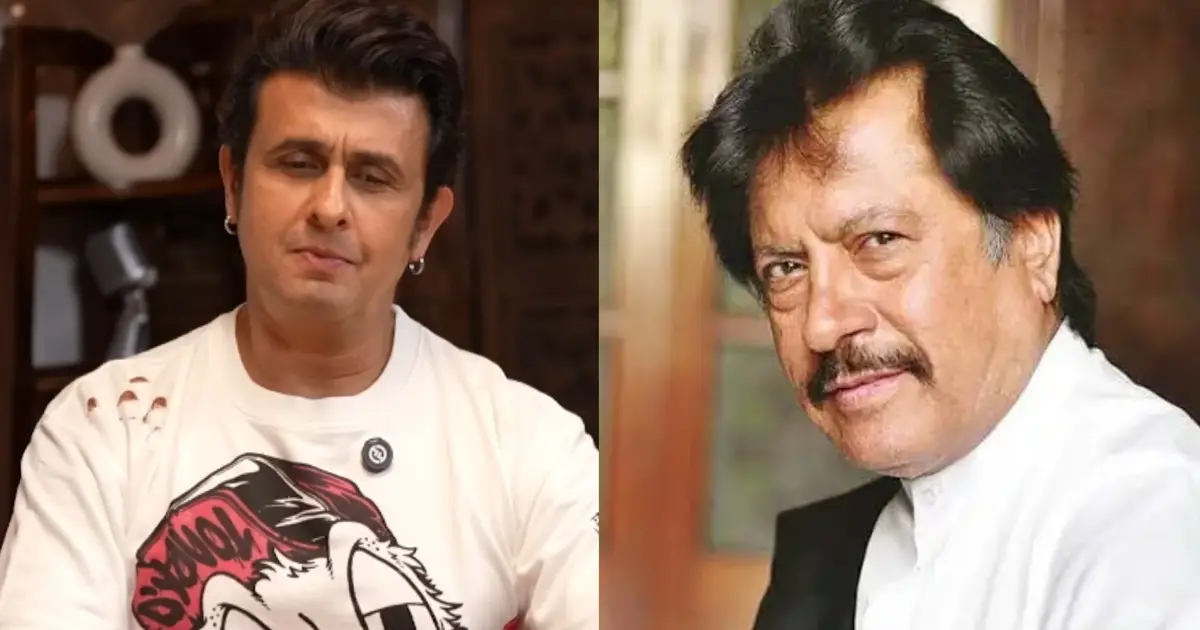The Modern Rafi of Indian Cinema
Sonu Nigam is widely regarded as one of the greatest playback singers in the history of Indian music. Often hailed as the “Modern Rafi,” he has mesmerized audiences for decades with his soulful voice, versatility, and unmatched range. His journey in Bollywood is a testament to his dedication, artistry, and sheer talent that continues to inspire millions.
From romantic ballads to patriotic anthems, Sonu Nigam’s repertoire is vast and timeless. Songs such as Kal Ho Naa Ho, Sandese Aate Hai, Abhi Mujh Mein Kahin, Suraj Hua Maddham, and Main Agar Kahoon are just a few examples of his unforgettable contributions to Indian cinema. His ability to adapt to diverse genres has made him the most celebrated playback singer of his era.
Early Career and Struggles
Sonu Nigam’s rise to fame was not without challenges. Like many aspiring artists, he began his career with small performances and cover versions. His unwavering commitment to music and his passion for singing eventually carved a path for him in the highly competitive world of Bollywood playback.
One of the most significant turning points in his career came when he sang a cover of Atta Ullah Eesa Khelwi’s iconic song Acha Sila Diya Tune Mere Pyar Ka. This rendition not only introduced Sonu Nigam to the masses but also showcased his immense potential as a playback singer. It was a song that reached every household in India, setting the foundation for his future success.
Sonu Nigam’s Gratitude to Atta Ullah Eesa Khelwi
In a recent interview with Faridoon Sheharyar, Sonu Nigam opened up about his deep gratitude toward legendary Pakistani singer Atta Ullah Eesa Khelwi. Reflecting on his early career, Nigam revealed that covering Atta Ullah’s song was the breakthrough moment that changed his life.
He shared a touching anecdote about receiving a call from Atta Ullah Essa Khelwi when he was just nineteen years old. The veteran singer appreciated his rendition and encouraged him, leaving a lasting impact on the young Sonu Nigam. The gesture of kindness and encouragement, according to Nigam, remains one of the most cherished memories of his life.
Words of Respect and Admiration
During the interview, Sonu Nigam described Atta Ullah Eesa Khelwi as a “beautiful soul” and acknowledged the profound influence he had on his journey. He expressed heartfelt admiration and gratitude, stating that he prays for all the legendary singers who contributed to his growth and success.
Nigam admitted that he owes a significant part of his success to Atta Ullah, crediting him as a guiding force during the early days of his career. He acknowledged that Acha Sila became the turning point for him, a song that resonated with audiences across India and gave him recognition on a national scale.
The Legacy of Cross-Border Musical Ties
The emotional acknowledgment by Sonu Nigam is also a reminder of the powerful cultural ties that transcend borders. Music has long served as a bridge between India and Pakistan, uniting people despite political differences. Sonu Nigam’s gratitude to Atta Ullah Eesa Khelwi underscores the universal language of music and its ability to inspire, encourage, and connect artists across generations and geographies.
Sonu Nigam’s humility and acknowledgment of those who influenced his career highlight his character as much as his talent. His journey from a young singer covering Atta Ullah’s song to becoming one of the most celebrated playback singers in Bollywood remains a story of perseverance, gratitude, and the timeless power of music.
